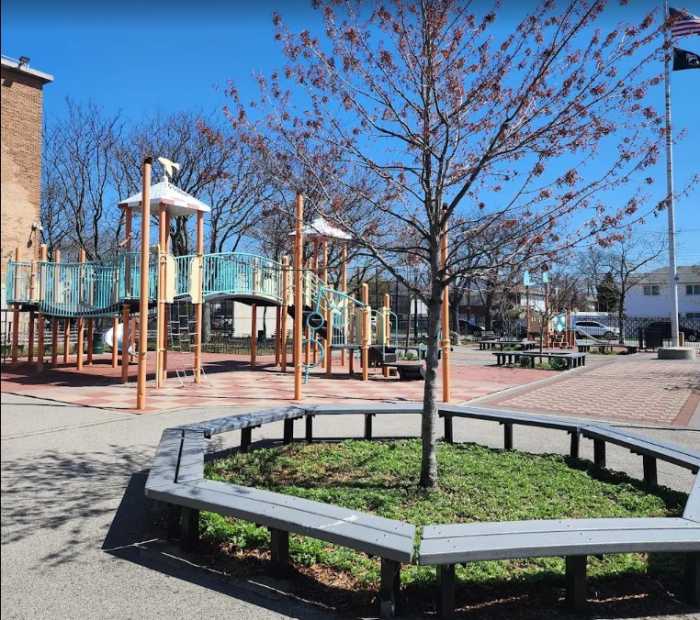By Courtney Dentch
Within just a few blocks in downtown Jamaica sit three historic churches, and each has served congregations in the area for more then 300 years.
Grace Church at 155-24 90th Ave., the First Reformed Church of Jamaica at 159-29 90th Ave., and the First Presbyterian Church of Jamaica at 89-60 164th St. all grew out of one house of worship that was used by Dutch settlers in the area in the 1600s, at a time when the different congregations shared the town’s buildings as makeshift churches.
The First Presbyterian Church of Jamaica is the oldest church in the area, and one of the oldest in the nation, said the Rev. Patrick O’Connor, the church’s pastor. It was founded in 1662, when the English seized New York from the Dutch and determined that the area’s congregations should worship together, he said.
“The congregations were all using the same building, but they were always separate churches,” said the Rev. Mark Kellar, pastor of the First Reformed Church. “From my understanding, there was a discussion of taxes and that’s where there’s a huge split and the congregations decided to go ahead and build their own church.”
The congregations separated in 1702, with two of the groups splintering off to form the Grace Church and the First Reformed Church of Jamaica, both of which are celebrating their 300th anniversary this year.
Grace Church built its own church in 1734 and now occupies a Gothic Revival church that was constructed in 1862.
Despite the separation and the creation of a new church, the First Reformed Church of Jamaica claims to have the oldest ministry, since the ordained clergy saying sermons at the church prior to the split were reformed ministers, Kellar said.
“The reformed ministers were doing the baptisms and other duties for all of the churches that had no ordained ministers,” he said.
And as colonial settlers, many of the congregates at all three churches were likely to be slave owners, Kellar said, citing 300-year-old church documents on the sale of people, something that is hard for some members of the now predominantly black community to come to terms with.
“Some of the founding members of the church were enslaved Africans,” he said. “Now the sons of those enslaved Africans are those who are in leadership positions. It’s a rich history, but a difficult history.”
Reach reporter Courtney Dentch by e-mail at TimesLedger@aol.com, or by phone at 229-0300, Ext. 138.




































